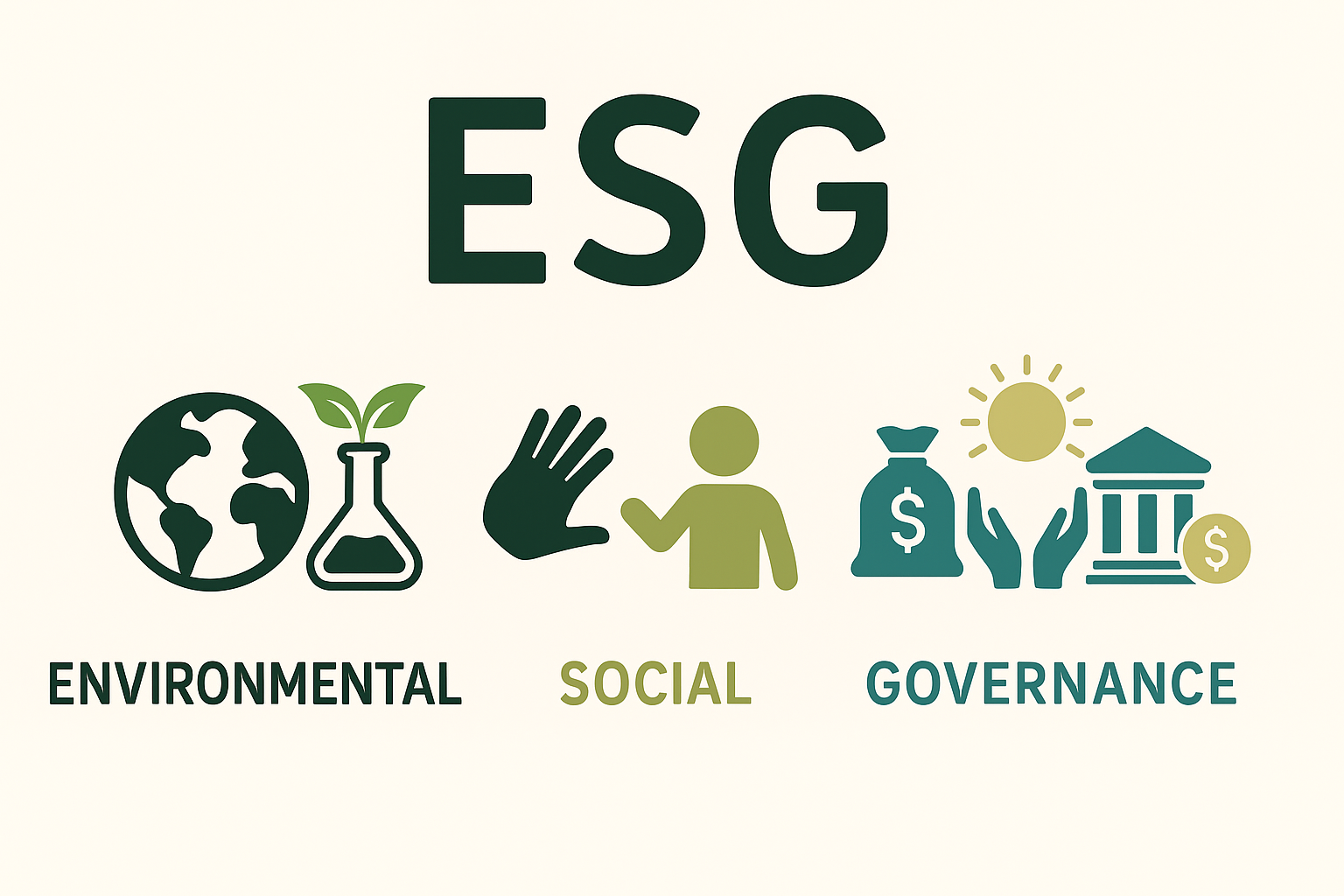
Capitalizing on Africa’s Rich Natural Resource Frontier
GrowEasy in Africa
Strategic Investment Advisory for Africa’s Natural Resource Frontier
Africa is a continent of deep potential—and deep complexity
At GrowEasy, we help investors navigate the evolving energy, infrastructure, and industrial landscape across Africa’s diverse markets with clarity, local expertise, and operational confidence. Whether you're entering upstream oil & gas in Angola, scaling clean energy in North Africa, or transforming mining operations in Central or West Africa, our team brings the insight and relationships to unlock value—sustainably and securely.
Why Africa, Why Now?
Energy Demand Surge: Africa’s population will double by 2050; energy consumption will grow 3x
Critical Minerals Boom: Africa is central to global supply chains for EVs, renewables, and tech
Strategic Partnerships: Governments are increasingly welcoming of institutional capital with expertise
Underutilized Assets: Existing infrastructure, industrial zones, and brownfields ripe for revitalization
What Sets GrowEasy Apart in Africa
Local Intelligence: Access to in-country operators, regulators, and policy experts
Risk Insight: Deep experience managing FX, security, logistics, and regulatory volatility
Execution Support: Partner and EPC vetting, site due diligence, supply chain readiness
Impact Alignment: ESG frameworks tailored for African development objectives
Political Economy Awareness: Stakeholder mapping and public-private alignment
Enabling Sustainable and Responsible Growth
We help align investor objectives with African development goals. Our services integrate:
Local content development plans
ESG benchmarking aligned to African standards (e.g., AfDB, local IFC adaptations)
Inclusive growth strategies with community and labor benefit considerations
Renewable transition and carbon strategy for extractives and industrial clients
Where We Work
Our local affiliate network and delivery partners cover key investment corridors:
West Africa: Nigeria, Ghana, Côte d’Ivoire, Senegal
Central Africa: DRC, Cameroon, Angola
East Africa: Kenya, Tanzania, Uganda, Ethiopia
Southern Africa: South Africa, Mozambique, Namibia, Zambia
North Africa: Egypt, Algeria, Morocco, Tunisia
Sectors We Support Across Africa
Oil & Gas
Onshore/offshore asset diligence (Angola, Nigeria, Mozambique)
Refining, midstream, and LNG value chain advisory
Marginal field acquisition and redevelopment strategies
Power & Energy Transition
Conventional generation and gas-to-power projects
Off-grid and distributed renewable energy strategies
Grid modernization and power infrastructure development
Regional integration opportunities (e.g., Southern Africa Power Pool)
Chemicals & Fertilizers
Ammonia, methanol, and urea plant feasibility
Feedstock optimization and market access planning
Project finance and joint venture structuring
Mining & Minerals
ESG-conscious exploration and extraction (gold, lithium, copper, rare earths)
Critical minerals development for energy transition supply chains
Local processing, beneficiation, and logistics strategy
Explore Deeper
GrowEasy brings clarity, capability, and control to every stage of your investment journey
Connect with the Experts, Unlock Investment Success
Visit www.groweasy.ae or email us at info@groweasy.ae to understand more





